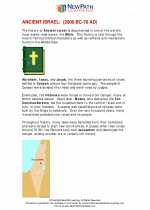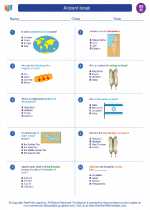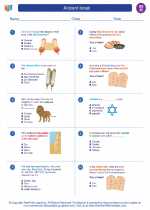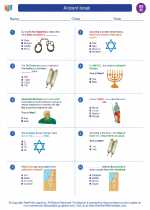Easter
Easter is a Christian holiday that celebrates the resurrection of Jesus Christ from the dead. It is considered the most important and oldest festival of the Christian Church. The date of Easter varies each year, as it is based on the lunar calendar. In Western Christianity, Easter falls on the first Sunday after the first full moon following the vernal equinox. In Eastern Christianity, Easter falls on the first Sunday after the first full moon following the vernal equinox, which can be up to a month later than the Western Easter.
History of Easter
The origins of Easter can be traced back to ancient pagan festivals celebrating the arrival of spring. The name "Easter" is believed to have been derived from Eostre, a Teutonic goddess of spring and fertility. When Christianity spread throughout Europe, the celebration of Easter became associated with the resurrection of Jesus Christ, and many of the pagan traditions were incorporated into the Christian holiday.
Traditions and Symbols
Many Easter traditions and symbols have both Christian and pagan origins. The most recognized symbol of Easter is the Easter egg, which symbolizes the empty tomb of Jesus. The egg is also a symbol of new life and fertility, representing the resurrection and the arrival of spring. Other traditions include the Easter bunny, Easter parades, and the custom of giving Easter baskets filled with candy and eggs.
Study Guide
- What is the significance of Easter in the Christian Church?
- How is the date of Easter determined?
- What are the origins of the name "Easter"?
- Explain the symbolism of the Easter egg.
- Discuss the origins of the Easter bunny and other Easter traditions.
Use this study guide to prepare for your lesson on Easter. Understanding the history, traditions, and symbolism of Easter will give you a deeper insight into the significance of this holiday in the Christian faith.
[Easter] Related Worksheets and Study Guides:
.◂Social Studies Worksheets and Study Guides Eighth Grade. Ancient Israel

 Worksheet/Answer key
Worksheet/Answer key
 Worksheet/Answer key
Worksheet/Answer key
 Worksheet/Answer key
Worksheet/Answer key
